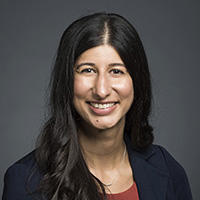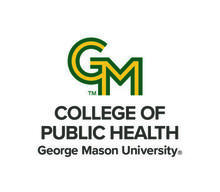- February 4, 2026
New research warns that AI-driven antidepressant treatment may overlook the needs and experiences of African Americans with depression.
- February 3, 2026
The first nationwide analysis shows incentives reshaped staffing patterns, but left many areas critically underserved.
- February 2, 2026
Youth mental health researcher Hua Min created an easier way to find and analyze publicly available data to advance youth mental health research and outcomes.
- January 13, 2026
Health Administration and Policy faculty co-author a new chapter in The Palgrave Encyclopedia of Disability, offering a comprehensive picture of cannabis use among people with disabilities and recommendations for future research.
- October 15, 2025
Digital health researcher Y. Alicia Hong’s WECARE intervention will invigorate resilience in family caregivers of individuals with dementia
- October 8, 2025
Priyanka Anand’s study on Social Security Disability Insurance overpayments provided influential evidence on inefficiencies of social safety net programs and workforce participation.
- August 27, 2025
In the College of Public Health, researchers are embracing AI’s potential while also interrogating it, testing it, and redesigning it to work better for real people. Faculty are building AI tools to detect cancer earlier, support dementia patients, guide students through biostatistics, document evidence of violence, and flag burnout in caregivers—targeting some of public health’s toughest challenges.
- July 3, 2025
Maternity care policy falls short of securing ob-gyns in risk areas: study
- June 21, 2025
George Mason’s Health Services Research PhD students and faculty share policy research at AcademyHealth 2025
- June 13, 2025
Medicare Advantage less likely to use low-value cancer treatments, study finds








